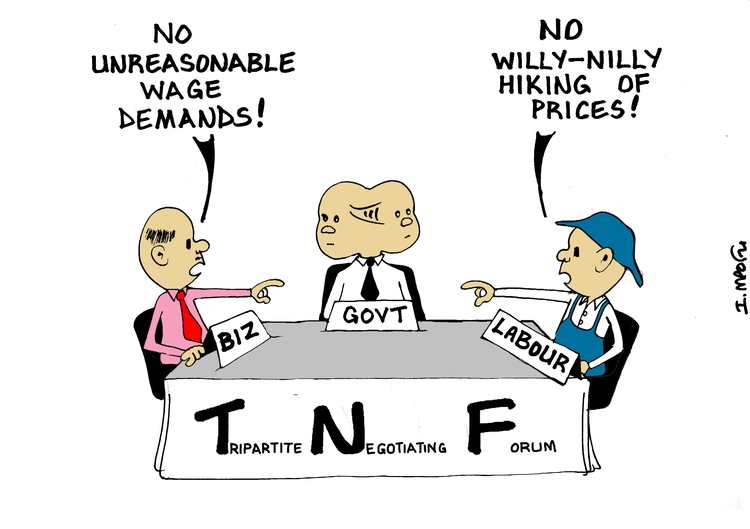Lifeline for unemployed Zvishavane youths
Munyaradzi Doma in Zvishavane
Multitudes of unemployed youths in Zvishavane have been given a lifeline after a non-governmental organisation pledged to train them in various projects that promote the sustainable use of the environment.
The Zimbabwe Youth Movement Combating Climate Change (ZYMCCC) plans to enter into a Memorandum of Understanding with Runde Rural District Council to promote the use of clean energy. ZYMCCC executive director Mr Saddam Mapundu said the organisation’s projects will cover clean energy, sustainable waste management and climate-smart agriculture.
“We train women and youths with skills that best position them to adapt and still earn a living in changing climate,” said Mr Mapundu.
“Currently, we have a project where we are planning to train 30 youths as Tsotso stove installers at 300 homesteads under Runde Rural District (Council). We also want the youths to install 15 community bio-digesters in the district,” he said. Clean energy solutions, he said, had the potential of impacting on the community livelihoods.
“Tsotso stoves reduce the burden of looking for firewood on women, this affords them more time to do other developmental activities. The stoves also reduce exposure to household air pollution caused by open fires, hence a reduction in non-communicable diseases like pulmonary cancer and pneumonia is realised.’’
Mr Mapundu said besides reducing the distance walked by women daily to fetch firewood, tsotso stoves were also eco-friendly as they reduced the rate of deforestation.
“A smaller energy budget for fuel (wood) also means more money for families to use on improving their livelihoods. We will also train women and youths basic skills like in the clean energy area, sizing and installing bio-digesters which include basic masonry skills. On the stoves, we teach them to line insulation and basic sheet metal work and welding,” he added.
ZYMCCC has already created a community-based waste management youth group in Mandava in the mining town of Zvishavane, where participants are trained to read plastic recycling labels, which help them sort plastic of similar properties for recycling. The youths are also trained to make artefacts for sale.







Comments